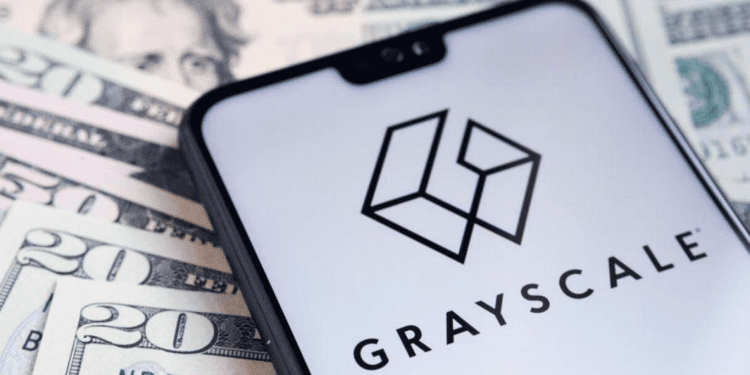- The US Court of Appeals for the DC Circuit has ruled in favor of Grayscale’s GBTC ETP application.
- This decision follows the SEC’s disparate and inconsistent rulings regarding other BTC futures contract proposals compared to Grayscale.
In a significant turning point in the US regulatory landscape regarding the ownership and trading of digital assets, the D.C. Circuit has ruled unanimously in favor of Grayscale and $GBTC, marking a historic development towards crypto adoption.
The recent decision by the SEC to approve the trading of two Bitcoin futures funds on national exchanges while denying approval for Grayscale’s Bitcoin ETP application sparked debates about regulatory consistency. Grayscale’s challenge to the SEC’s decision questions the arbitrary nature of the denial, given the perceived similarity between Grayscale’s proposed Bitcoin exchange-traded product (ETP) and the approved Bitcoin futures ETPs.
Bitcoin ETP Versus Bitcoin Futures
At the heart of the issue lies the distinction between investment products holding actual Bitcoins and those holding Bitcoin futures contracts. Grayscale contends that the SEC’s differing treatment of these two categories of ETPs underscores the need for clear and consistent regulatory principles.
Bitcoin futures are contracts that allow investors to speculate on the future price of Bitcoin. In a futures contract, two parties agree to buy or sell Bitcoin at a predetermined price on a specific date. These contracts enable investors to hedge against price fluctuations and profit from Bitcoin’s price movements without owning the underlying asset.
On the other hand, Bitcoin ETPs expose investors to the price performance of Bitcoin itself rather than speculative contracts. These ETPs can hold actual Bitcoins or Bitcoin derivatives and trade on traditional stock exchanges. Investors in Bitcoin ETPs indirectly own a share of the underlying Bitcoin holdings, allowing them to benefit from Bitcoin’s price movements without needing to manage the cryptocurrency directly.
Conclusion
Grayscale demands a coherent explanation for the SEC’s denial of its product offering. The absence of a satisfactory rationale renders the differential regulatory treatment legally questionable, compelling the court to accede to Grayscale’s request for review and annul the SEC’s order.














